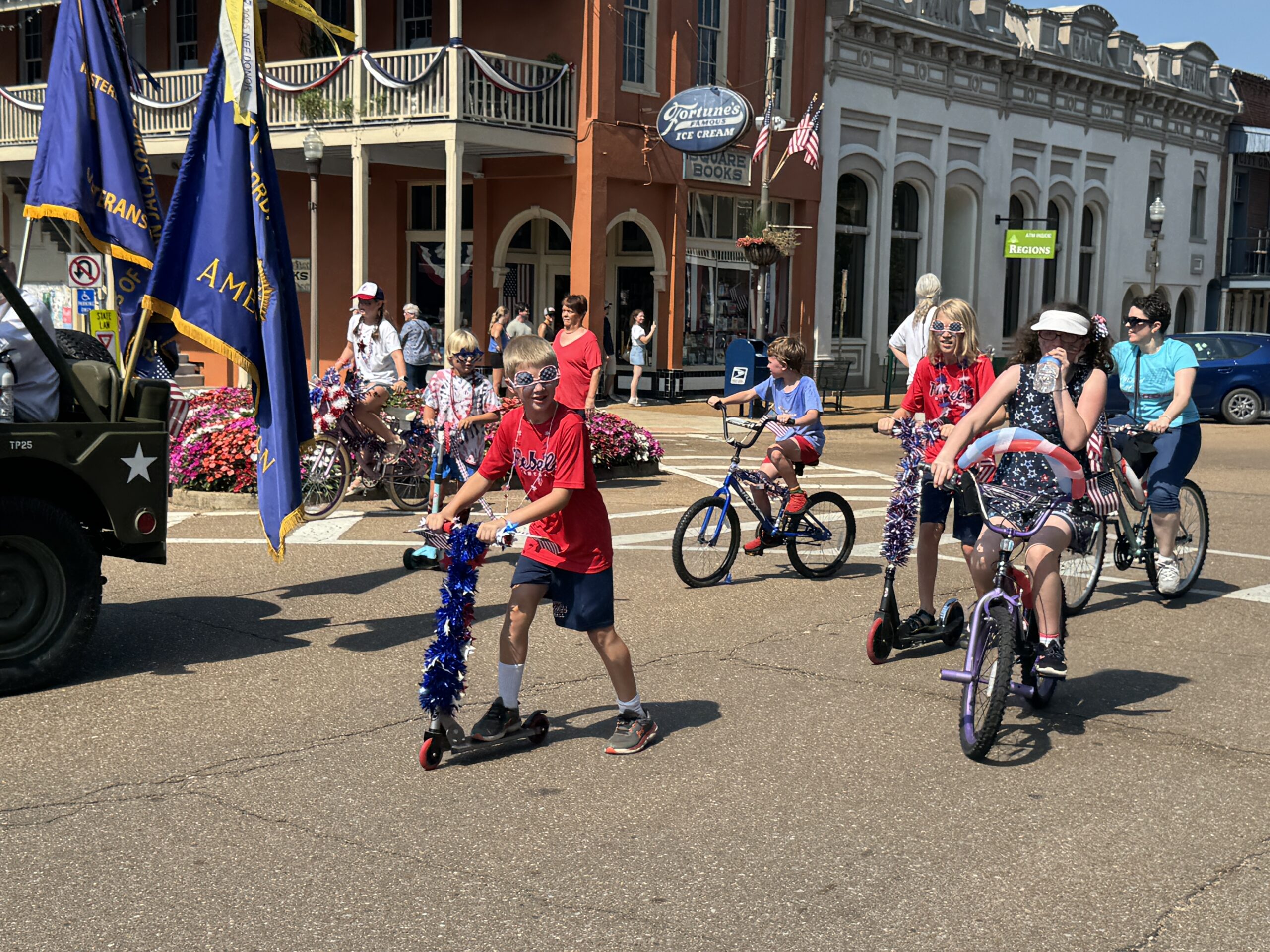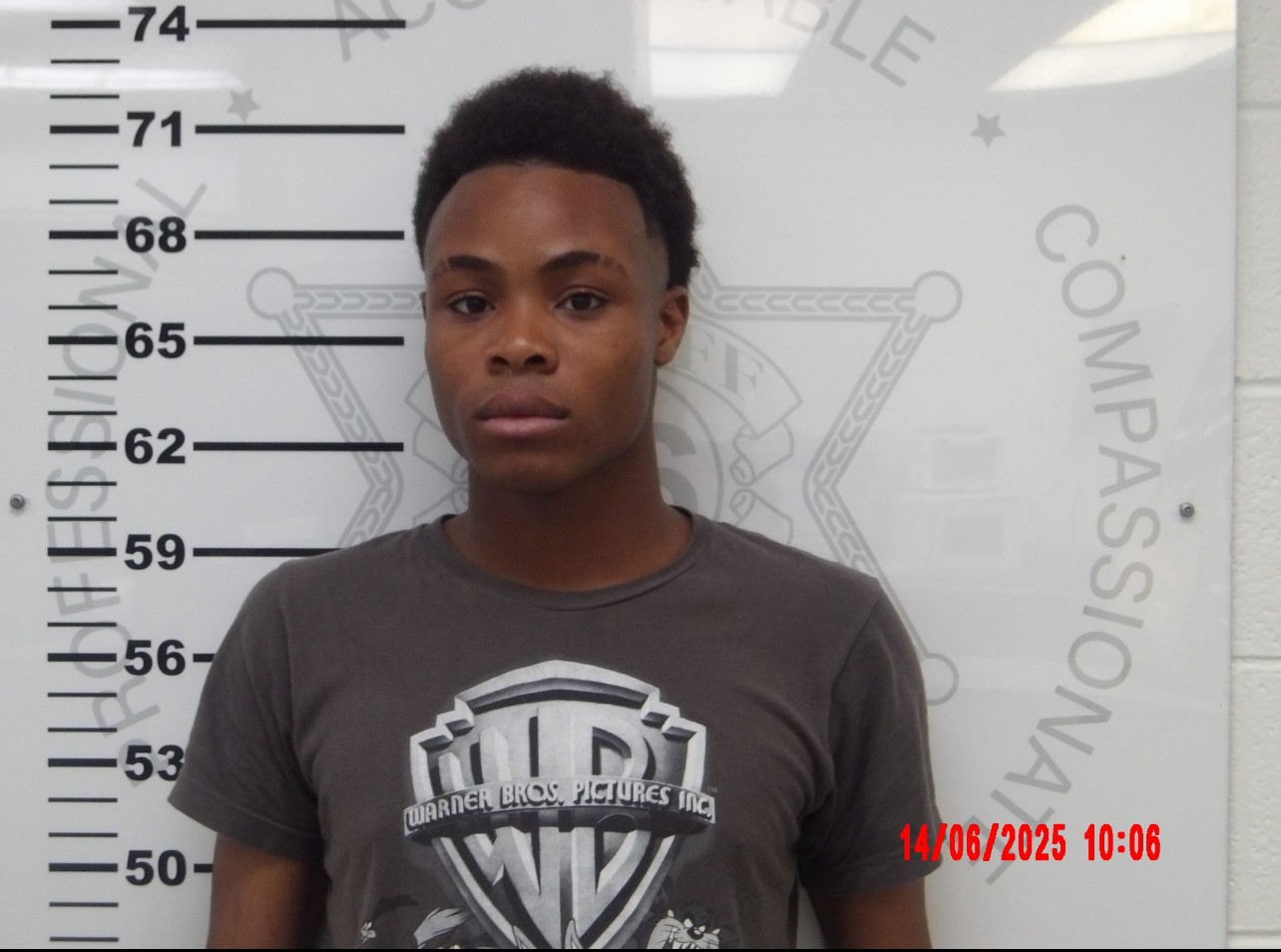Ole Miss Alumnus starts scholarship, prints book, to honor twin brother
Published 10:30 am Thursday, July 19, 2018
One year ago this week, Ole Miss graduate Benson Reed Ingram took his own life after years of suffering from anxiety and depression.
Thanks to his twin brother Lee, that’s not where Ben’s story ends.
In the year since his brother’s death, Lee Ingram embarked on a journey to, as he put it, learn more about his brother and preserve his legacy. This led to the creation of the Benson Reed Ingram Scholarship, which, once funded, will be awarded to at least one Ole Miss junior accepted as a late entry into the Sally McDonnell Barksdale Honors College.
After spending two years trying to find his place in the world, Ingram said his brother decided to take a leap of faith and earn a place in the Honors College. A double major in English and philosophy, the opportunity changed Ben’s life.
“The first two years he was in school, he was really intelligent as far as his grades, but just wasn’t engaged. He was kind of floundering, but picked himself up, buckled down and applied for the Honors College,” Ingram said. “That was a big risk for him. They only accept like, 50 juniors or something, but he got in and it changed his life.”
One requirement of the Honors College is a 15-page senior thesis. Ben’s thesis, titled “Dreams about Food,” is a collection of short stories and an homage to philosopher Carl Jung – an unusual approach to the typically stodgy academic essays, Ingram said, but one that paid off.
Upon reading his brother’s writings before his death, Ingram said he was shocked by how funny they were. After his brother died, Ingram said he saw an opportunity to memorialize his brother while raising money for his namesake scholarship, and “Stories about Food,” the paperback, was born.
The book is a compilation of Ben’s writings, as well as tribute pieces from friends. Even the cover art and illustrations were drawn by a friend who also lost his brother at an early age.
“We both would work at a cricket farm in Richland, Miss. in the summers, and that’s where Ben got a lot of inspiration,” Ingram said. “So there’s a story one of our coworkers submitted about meeting Ben at the cricket farm, and getting donuts and becoming friends.”
Not long after Ben’s death, Ingram said he embarked on a sort of scavenger hunt to discover more about his brother and his time at Ole Miss.
He started out by contacting his professors, including bestselling novelist Tom Franklin, who served as Ben’s adviser.
“Ben was a dominant force. I’ve talked to his professors, and they’ve told me that Ben was electrifying. Everyone would wait to see what he was going to say,” Ingram said. “People like [Franklin], seeing them light up and talk about him, I was so proud of that. I wanted to see more about that part of his life. It’s great that, a year later, sometimes they’ll still reach out.”
Ingram admitted the aftermath of his brother’s death was a devastating time for his family. However, he also said the determination to make his brother’s final act work for good was there from the beginning.
While Ingram said he and his brother had many qualities in common, they were also different. He was an accounting major, and is an entrepreneur who started his own tutoring firm. Ben, he said, preferred to look past a dollar sign to find success. However, Ingram said each day he’s realizing more ways they were alike, and more reasons to preserve his brother’s legacy.
“I think Ben was on a mission, too, for people to understand why he did what he did. And it’s tough, because oftentimes people have misconceptions about suicide,” he said. “I think for now, I just want people to know that he was really suffering. It wasn’t a spiteful thing, it wasn’t an ‘I hate my life’ thing – he was honestly just done, and he really fought hard. A lot of people think it’s weak, but I think it was the most courageous thing he could’ve done. I miss him, of course, but he did it in a poetic way. He made an effort to see everyone in our family, and really cared about everyone more than himself.”
In the last year, Ingram said he and his family have been working on being more receptive to Ben’s reasoning behind taking his own life, because it’s tough to think about, but important to be open.
That concept didn’t start to click until the week after Ben’s death, when the family was making arrangements, he said.
“I remember typing up the obituary and of course, the question was, how do you write an obituary for someone’s suicide? I even Googled it, and there’s two ways: you’re either open about it or you’re not,” Ingram said. “I asked my family if we should be open about it, and it was really beautiful because unanimously they said yes. It was a cleansing moment, because we talked about what happened, we talked about Ben’s creative brilliance, his love for his friends and family.”
Ingram added that one sentence in particular captured his brother’s spirit: “Ben suffered deeply, but he was a great listener and a loyal friend.”
To donate to the Benson Reed Ingram Scholarship, visit https://www.gofundme.com/the-benson-reed-ingram-scholarship.





